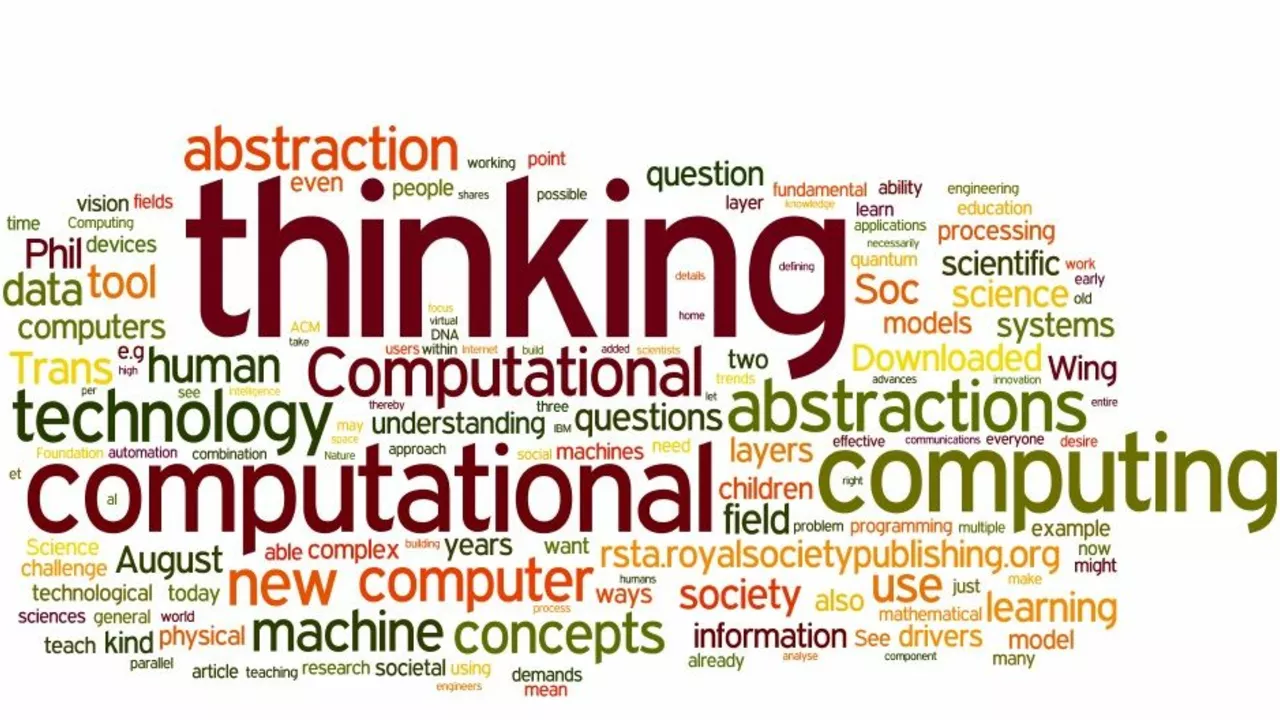Understanding Technology: Straightforward Answers for Everyday People
Technology feels huge, but you don’t need a degree to get it. Whether you’re curious about quantum computing, want to pick the right smartphone, or wonder how machines differ from technology, this guide breaks things down in plain language. We’ll walk through the basics, share handy examples, and point out where you can see these ideas in action today.
What Does "Technology" Really Mean?
At its core, technology is the knowledge and tools we create to solve problems. Think of a hammer: it’s a simple tool, but the idea of using a solid object to drive nails is a piece of technology. Modern tech adds layers—software, data, networks—but the principle stays the same: we invent ways to do things better, faster, or cheaper.
Machines, like cars or printers, are built using technology, but they aren’t the technology itself. They’re the physical results of applying scientific ideas. In other words, technology is the know‑how, and machines are the product.
Key Tech Areas You’ll Meet Every Day
Quantum Computing – This isn’t just faster computers. Quantum bits (qubits) can exist in multiple states at once, letting them crunch huge datasets for drug discovery or climate modeling. While still early, big labs are already testing quantum tricks to speed up research.
Educational Technology – Classrooms now use tablets, interactive whiteboards, and learning apps to keep students engaged. The trick is to match the tool to the goal: a math app for practice, a video for visual learners, and a collaborative platform for group projects.
Content Repurposing – Got a blog post? Turn it into a video script, a podcast episode, an infographic, and social media snippets. Each format reaches a new audience and can become a mini‑income stream.
Internships for Young Talent – High‑school students can land tech internships at companies ranging from startups to giants like Google. Look for programs that offer mentorship, real‑world projects, and a chance to test coding or design skills.
Finding Reliable Tech News – Subscribe to a mix of trusted tech blogs, follow industry leaders on social media, and join online forums. Attending webinars or local meetups helps you stay ahead of trends without getting lost in noise.
Each of these areas shows how technology touches daily life. You don’t need to master every detail, just enough to make informed choices—whether buying a new phone, choosing a learning app, or understanding why a quantum computer matters.
Ready to explore more? Dive into our collection of articles that cover everything from the easiest IT jobs to the future‑proof skills employers will hunt for in 2022 and beyond. You’ll find step‑by‑step guides, real‑world examples, and practical tips that keep you confident in a rapidly changing tech world.
Remember, the best way to understand technology is to use it. Try a new app, tinker with a simple coding project, or watch a short video on quantum basics. Every small experiment builds a bigger picture, and soon you’ll be the one explaining tech to others.

Decoding Education: Grasping Terminology & Technology
In simple terms, 'terminology' is the study of terms and their use, it's basically a system of words used in a particular discipline. 'Technology', on the other hand, refers to the application of scientific knowledge for practical purposes, including digital devices, software, and machinery. So while terminology is about words and their use, technology is about making life easier through scientific advancements. Both hold a significant place in our daily lives, helping us communicate effectively and perform tasks more efficiently. In a nutshell, one gives us the language, while the other equips us with tools.